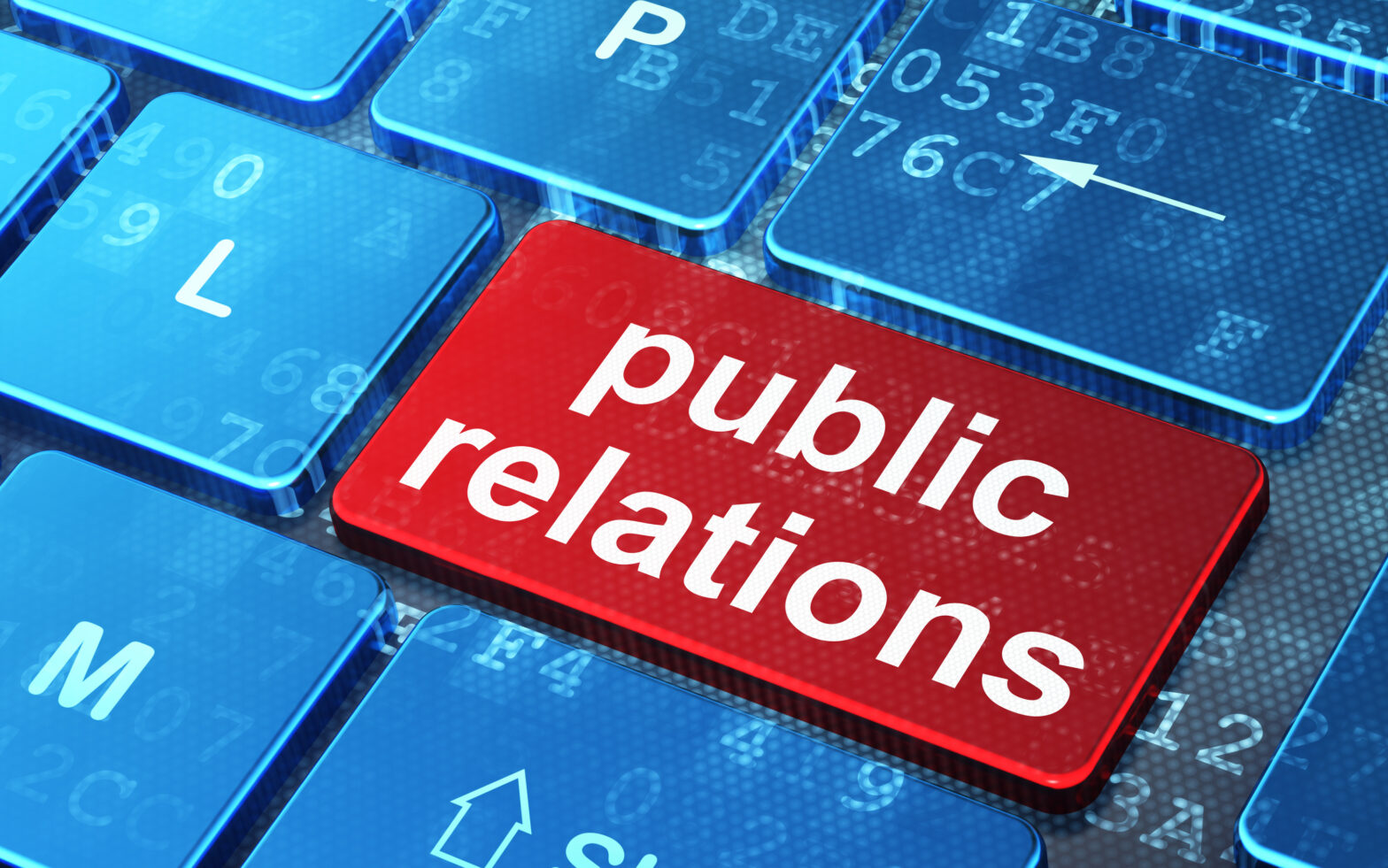Sharon Bolt, at ‘Get free publicity today‘ explains how PR can help grow a business without spending lots of money.
Public relations, or PR, is a marketing strategy that can get you featured in newspapers and magazines and on radio and TV shows for free. It also includes being interviewed on podcast shows and guest blogging on top blog sites.
Publicity is not just for large companies with big marketing budgets, the opportunities are equally there for small business owners, startup companies, entrepreneurs and non-profit organisations with little or no budget too.
So let’s look at how free publicity can grow your business.
Getting regular media interviews can fast track your business to success in a way that paid advertising and other marketing strategies rarely do. Publicity positions you, your business and brand as an authority in your field, you get instant credibility and can reach highly targeted potential customers for free.
Publicity also offers your business amazing SEO opportunities. Getting a link from high authoritative websites back to your site is great for your SEO rankings. Google and other search engines reward websites who have high authoritative sites linking back to them.
Not only that, publicity can make you a celebrity. Regardless of whether you love or hate the whole celebrity obsession that’s rife in society today, the bottom line is this – your bottom line will grow tremendously if you’re seen as a celebrity.
The good news is you can do your own PR, you don’t need to pay £1000’s a month to a PR company and you don’t need to know the right people to get featured. You just need to know how the media work and what they’re looking for.
A rare human interest story can fly
Here’s an example of how a business owner got great media attention:
This story is about a lady who went on holiday to Vietnam and fell in love with a rare breed of dog called a ‘Phu Quoc Ridgeback’. After months of searching she imported 2 of these dogs to the UK and bred 4 puppies, they are considered the world’s rarest puppies and the cost for each pup is £10,000. This story went viral, it was featured on numerous media channels and the lady set up a 24-hour webcam feed showing the puppies.
Here’s why this story was so successful and was destined for both local and national exposure:
- It’s a ‘human-interest’ story about someone’s personal experience, which makes it relatable to other people
- It’s the first time someone has bred this breed of dog in Europe – the media like anything that is being done for the first time, or when something is new
- It has a rare element to it, there are only 800 of these dogs registered in the world – something that is rare and sought after is very likely to get media attention
- It’s controversial – is it right to import dogs from another country when our rescue centres are full of dogs looking for homes? The media like stories that people have an opinion about and even better if it’s a topic that divides an audience!
- The videos of the puppies brought the story to life which made it shareable on social media, visual for TV and something newspaper and radio stations could put on their websites
- It’s outrageous and shocking – £10,000 per pup! Things that have an expensive price tag – expensive puppies, expensive face creams, expensive technology etc. is interesting to the media.
Media headlines included: “The £10,000 pup” and “The world’s rarest puppies that are worth £10.000 EACH”
Had this lady put an advert in the local paper saying she had puppies to sell for £10,000, people would have probably laughed at her. Due to the media exposure she received her puppies were in great demand (as well as any future litters) and sold throughout the world.
Additionally, the media are also interested in story ideas that are quirky and unusual, stories about how you’re doing things differently, how you’re solving people’s problems, as well as topics that are educational and entertaining to their audience.
What happens when media attention goes wrong
Contrary to the saying, ‘There’s no such thing as bad publicity’ negative publicity can be damaging to a business and brand.
Tesla chief executive Elon Musk made media headlines after his abrupt comments towards analysts during the Q1 2018 earnings call.
Musk who is well-known for his bold and sometimes outspoken personality interrupted one analyst saying that ‘Boring bonehead questions are not cool’ and called for the next question. To another analyst he responded, ‘We’re going to go to YouTube, sorry, these questions are so dry, they’re killing me.’
Investor feedback said that his dismissive behaviour shook confidence and by the following day Tesla shares had fallen by 5.6 per cent, which was around $2 billion in market share.
Musk was quick to tweet saying that ‘I should have answered their questions live. It was foolish of me to ignore them.’
The lesson here is, if you’re clearly in the wrong, own up to it and apologise. Always treat people with respect, answer ‘silly questions’ with humility and don’t be defensive. My advice also is, when trying to get media attention tread very carefully with topics that could be seen as discriminative, such as race, colour, gender and so on.
In conclusion, reporters, bloggers, radio hosts, podcasters and TV producers are looking for your stories right now. Journalists are not experts in all areas which is why they love finding people who specialise in different topics. They’re busy people trying to fill slots with specialists in lots of different niches and they’re looking for people with great information that they can pass on to their audience.
The important thing to remember is, it’s not about blatantly advertising your product or service, it’s about providing great content, interesting news and entertaining their audience. Your job is to be a fantastic source of information on your speciality and get in their ‘little black book’.
Your mantra is, ‘It’s not what they can do for me, it’s what I can do for them’.







